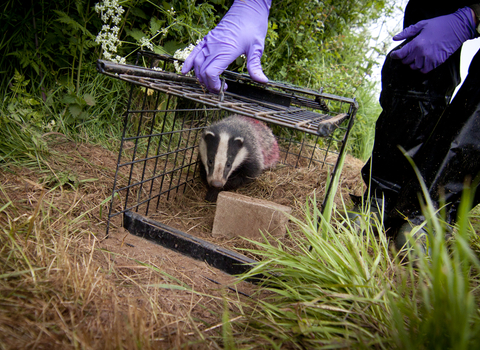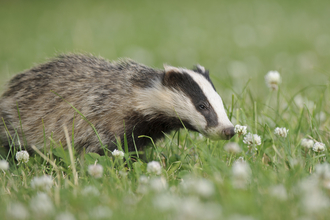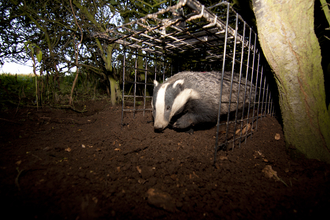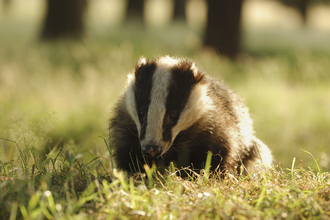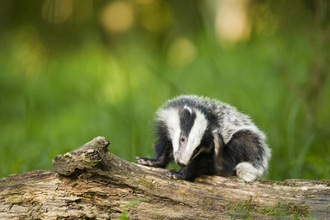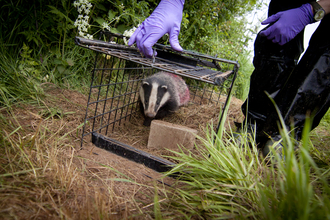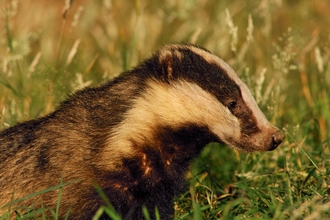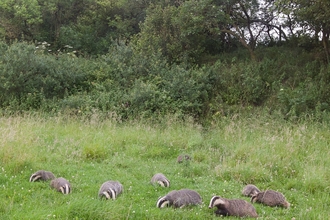What do we believe?
We believe an evidence-based and scientifically reliable approach must be developed to counteract the risk posed to cattle by bovine tuberculosis.
Be an advocate for badgers today and join our call on the UK Government to implement its manifesto commitment to end the culling of badgers and take immediate action to:
1. Accelerate research into cattle vaccination and improve testing regimes for cattle
Cattle vaccination offers the best long-term way to reduce bovine TB in the cattle population.
There is a potential BCG vaccine available and testing has shown it can reduce the severity of the disease. But it can interfere with the tuberculin skin test that is used to detect TB in cattle. A test called a DIVA test could help resolve this issue. Field trials to assess the safety of the cattle vaccine and the performance of the DIVA skin test in vaccinated cattle are ongoing. Once they have been completed and the data is available, an application can be made for the vaccine's authorisation and use.
2. Reduce cow-to-cow infections - the major cause of TB infection
The risk of spreading disease when cattle are transported can be minimised by tightening movement controls on cattle even further.
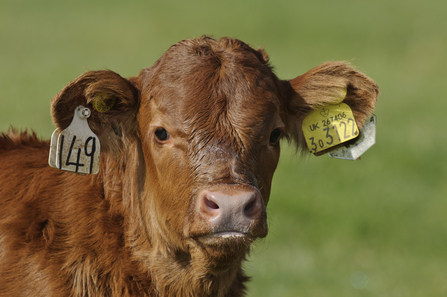
Terry Whittaker/2020VISION
3. Ensure higher standards of biosecurity on farms
Studies indicate bTB transmission may occur via contaminated pasture or around farm buildings but a study by the Food and Environment Research Agency concluded that simple exclusion measures are 100% effective in preventing badgers entering farm buildings when deployed properly. Best practice videos and leaflets are available from Defra.
4. Help to roll out badger vaccinations
Badger vaccination has the potential to reduce badger-to-cattle transmission by lowering the prevalence of infection in the badger population. Vaccination does not remove infected badgers, but it does reduce their ability to infect other badgers (which are protected by the vaccine). Over time, the infected animals should die off, and the prevalence of infection would be expected to decline.
In a clinical trial, the BCG vaccine reduced the risk of vaccinated badgers testing positive to a test of progressed infection by 76%, and reduced the risk of testing positive to any of the available live tests of infection by 54%. In the same clinical trial, BCG vaccination reduced the risk of infection of unvaccinated cubs in a vaccinated social group - when more than a third of the social group was vaccinated, the risk to unvaccinated cubs was reduced by 79%.
Badger vaccination (https://vimeo.com/224620722/6c7e83aa18)
Footage from Derbyshire Wildlife Trust's badger vaccination scheme
Our badger vaccination programmes
Wildlife Trusts have been undertaking badger vaccination programmes in partnership with vets, farmers and landowners. You can find out more about their badger vaccination schemes here:

